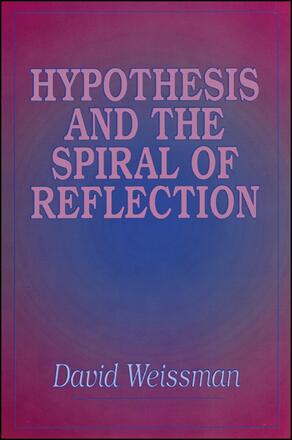
Hypothesis and the Spiral of Reflection
Alternative formats available from:
Description
This book describes a realist, fallibilist alternative when intuitionism and its psychocentric ontology are rejected. Weissman proposes an agenda for metaphysical inquiry and also a method for testing metaphysical claims. Arguing that science and metaphysics are successive refinements of the maps and plans used in practical life, he affirms that metaphysics is to complete our self-understanding by locating us within a world we have not made.
This book is a sequel to Intuition and Ideality which surveys the many versions of intuitionism—intuitionism as it prescribes that reality be identified with mind itself or with the things set before our inspecting mind.
David Weissman is Professor of Philosophy at City College of New York. He is the author of Intuition and Ideality, also published by SUNY Press.
Reviews
"It is without any doubt Weissman's most mature, richest work and builds nicely on his earlier volumes, especially Intuition and Ideality. It is downright delightful to see a careful thinker unabashedly engaged in the great speculative enterprise of metaphysics and to observe with what skill he avoids the minefields that had blown up his predecessors. Hypothesis and the Spiral of Reflection is an important book by a rapidly developing major voice in this country. " — John Lachs, Vanderbilt University
"Written with clarity and elegance, it is a well-argued defense of an important alternative to both analytic philosophy and phenomenology. " —Panayot Butchvarov, The University of Iowa